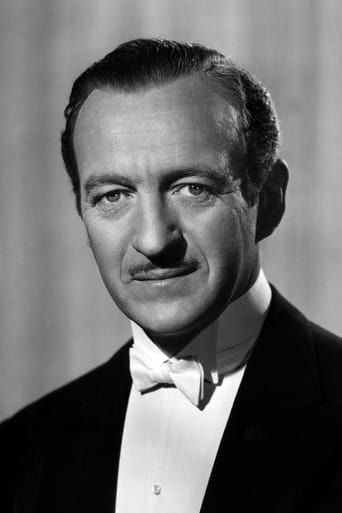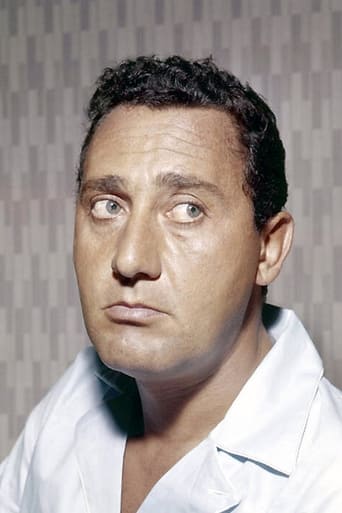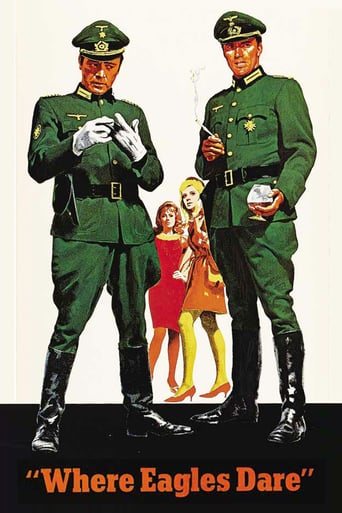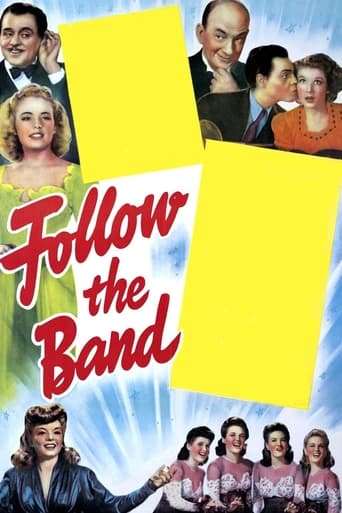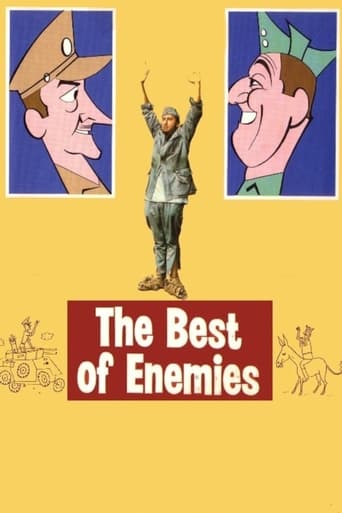
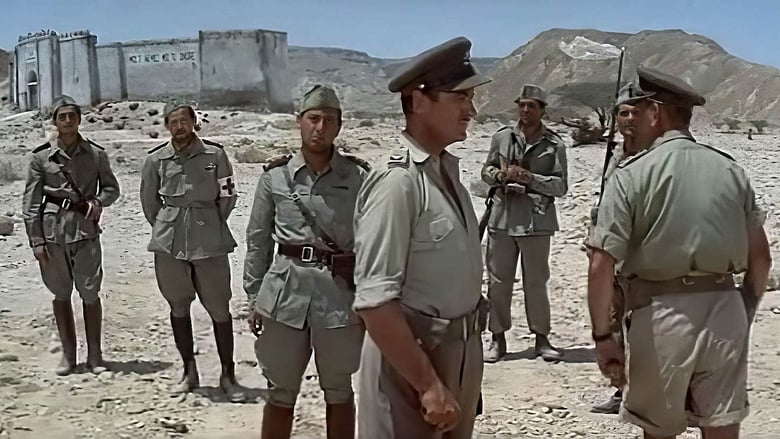
The Best of Enemies (1962)
During World War II, a plane full of RAF fighter crashes in the Ethiopian desert and they are met upon by an enemy Italian patrol that allows them to go free. But, when the Brits are given orders to attack the Italians, lots of problems ensue.
Watch Trailer
Cast
Similar titles

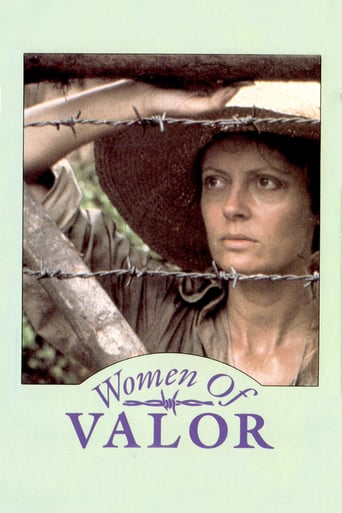
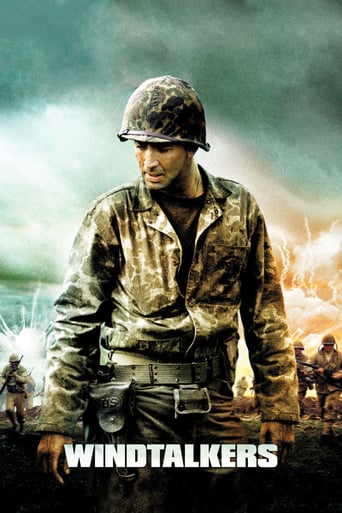
Reviews
Very very predictable, including the post credit scene !!!
Undescribable Perfection
For all the hype it got I was expecting a lot more!
It's easily one of the freshest, sharpest and most enjoyable films of this year.
As far as I know The Best Of Enemies is the only film ever done about a forgotten part of World War II, the campaign in Ethiopia. The first nation to fall to Fascist aggression is ironically the first liberated by it. When Ethiopia's capital Addis Ababa was captured by the British there was great rejoicing in the United Kingdom which at that point didn't have a lot to rejoice about. That incident is most important in the climax of the film.David Niven and Albert Sordi play beautifully off against each other as they take turns being each other's prisoners. Neither is a professional soldier and that's important as discipline from both armies kind of breaks down as the two try to get back to the war from the back outposts of the Ethiopian desert that both small companies are stuck in.I will say The Best Of Enemies does give credence that the Italians were not best of soldiers during World War II. Best scene in the film is when the native Ethiopians surround both and want the weapons they have and prove to be better strategists than either commander. The native chief gives out with a timely warning about taking your white man's war back to your own countries. The Best Of Enemies is a fine comedy with perfectly matched leads and even has some serious messages we should listen to.
During this african war of 1941, Alberto Sordi (italian captain) fights against David Niven (British major). This comedy is for fraternity and against stupid wars like many... The script is good. Sordi is excelent as usual but his opponent Niven is a sub-category actor. With a better british actor, I'll give 9. My vote: 8
I saw this movie on TV years ago. Sadly I haven't seen it for at least five years, not even on cable. The story deals with the interplay between Italian and British units, mostly focusing on the commanding officers on each side. Sordi and Niven couldn't have been better in their roles. Against the backdrop of the African WW2 campaign the two sides seem to be more of a nuisance to each other than effective participants in the war, but towards the end of the movie we are given a reminder of the tendency to become egotistic as being a major world power involved in a campaign which totally ignores the native population in the country being fought over.This is a very appropriate touch to the movie. The two sides(Brits & Italians) were not the only game in town. I would love to see this movie out on video or DVD and would purchase it immediately.
I saw this movie in Killeen, Texas just after I returned from Kagnew Station, an Army Base in, then, Ethiopia. I had visited Italian and English War Cemetaries in Asmara. The main battle took place near Keren. The movie takes place some distance south of either city after the fall of Asmara. The scenery was accurate and must have been filmed in the proper area.The interplay between the British and the Italians was quite accurate and enjoyable. An example of the situation presented was cited in Under the Red Sea Sun where the author found the Italian officers still carrying their sidearms in Asmara.One of the most ironic scenes in the movie takes place when the mountain tops surrounding the group is dotted with 'shifta.' The 'shifta' were trained by the English to help overthrow the Italian rule, but became independent entrepreneurs, a la Jesse James, after the fall of Asmara.
